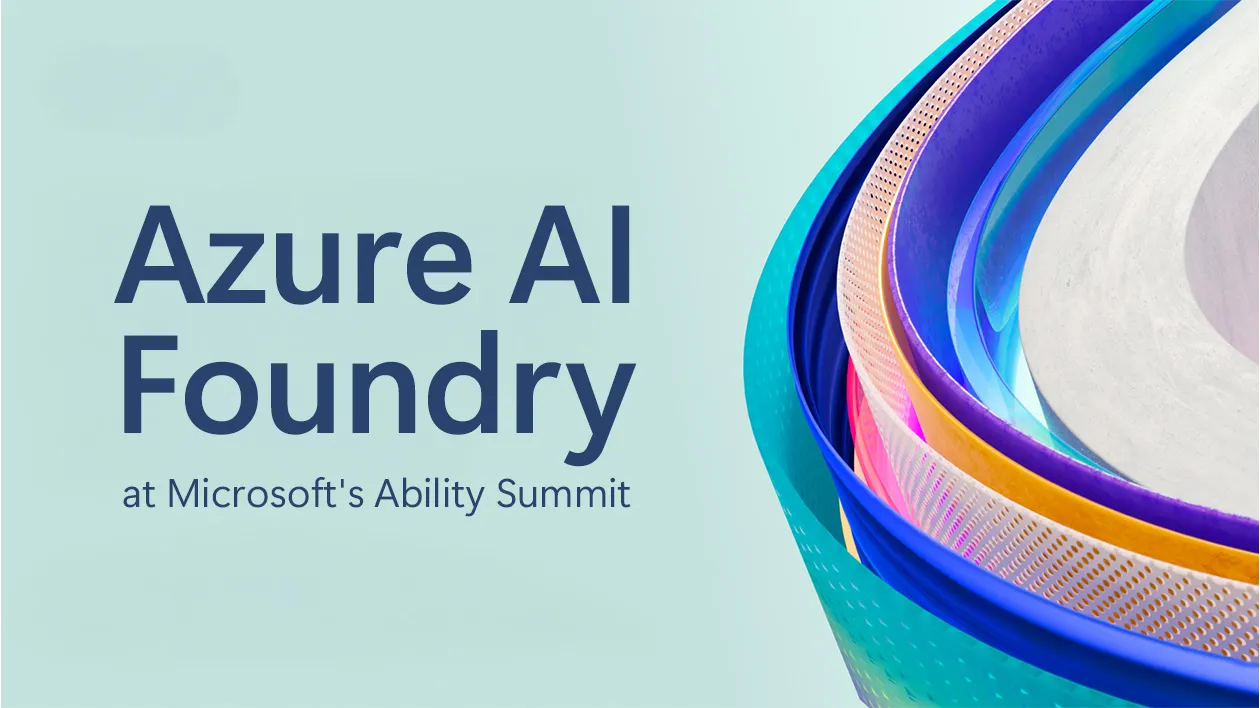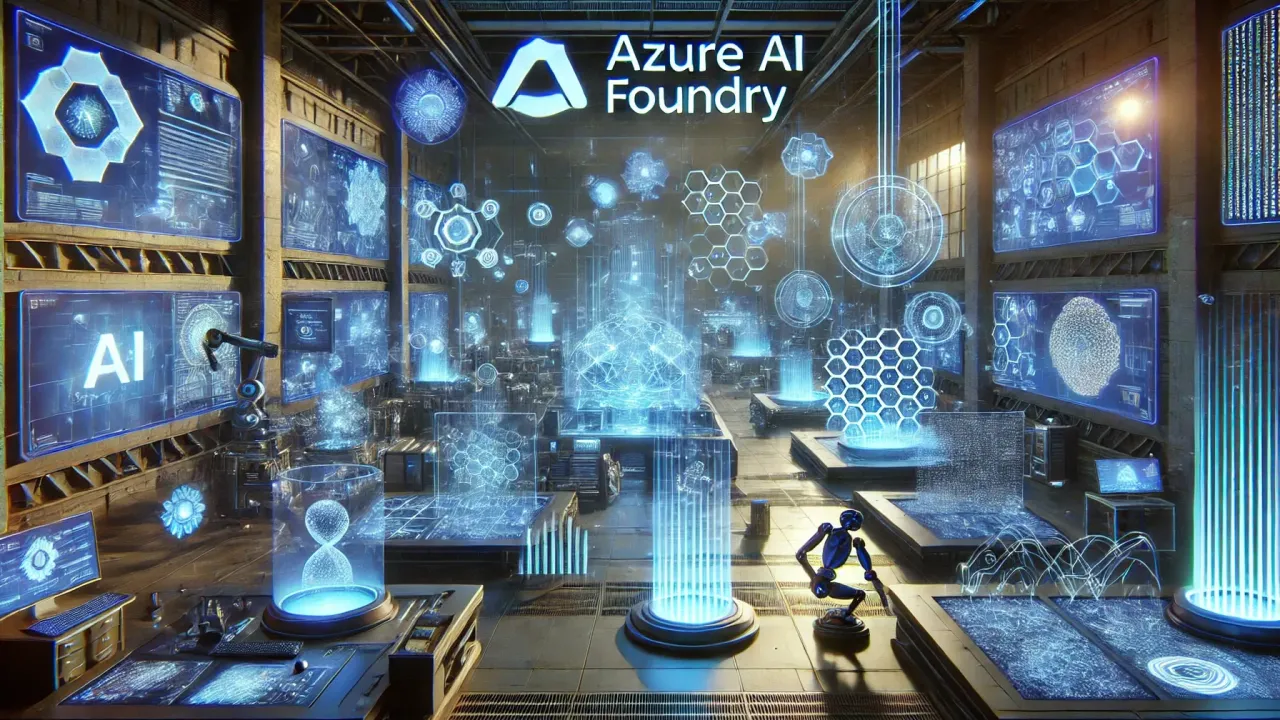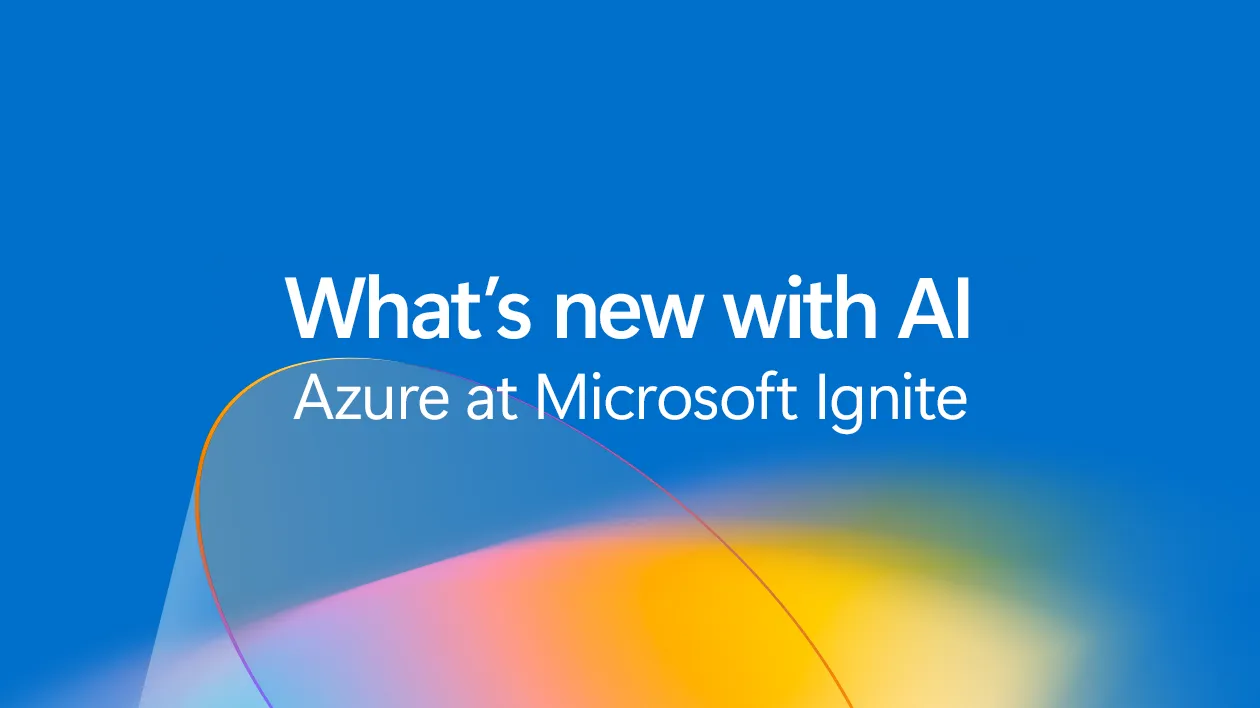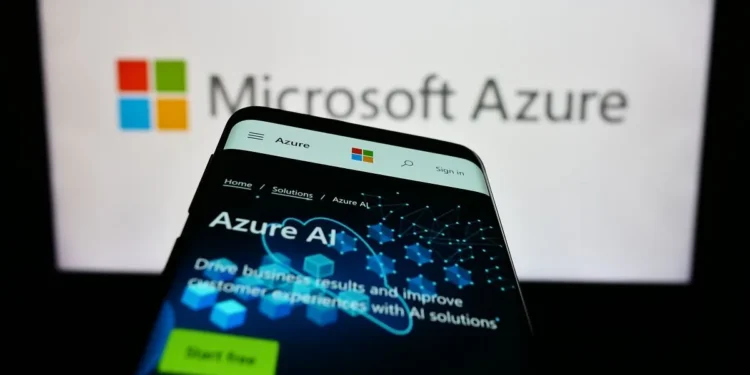As Microsoft celebrates its landmark 50th anniversary, the tech giant is not just looking back at its achievements but also paving the way for the future of digital economies with its revolutionary Azure AI Foundry. This move marks a significant evolution in AI technology, from mere assistive tools to sophisticated agents capable of acting as proactive members of the workforce. This shift is not just transformative—it’s fundamental, reshaping how we perceive and interact with artificial intelligence in the workplace.

A New Chapter in AI Development
The introduction of Azure AI Foundry represents a pivotal moment in artificial intelligence. This platform is a beacon for developers and enterprises, guiding them in designing, customizing, and managing AI applications and agents at an unprecedented scale. Azure AI Foundry emerges as a modern “agent factory,” equipped with over 1,800 models and robust toolsets that over 60,000 customers are already utilizing to shape their futures.
“Think of it as an agent factory—a modular production system designed for modern intelligence,” Microsoft states, emphasizing the standardized processes that mimic the revolution brought about by traditional factories but tailored for the digital age.
Atom and Beyond: Real-World Impact of Azure AI Foundry
The practical applications of Azure AI Foundry are already visible across various sectors. One standout example is Atom, an AI agent developed by Atomicwork. Atom is specifically designed to boost productivity within IT and HR teams. Early adopters of Atom have reported notable improvements, including significant productivity boosts, reduced operational costs, and enhanced employee satisfaction.
“Our aim is to make AI as seamless and beneficial as possible for enterprises,” a spokesperson from Atomicwork shared, underscoring the tangible benefits of integrating advanced AI agents into daily business operations.

Multi-Agent Systems and Seamless Integration
Azure AI Foundry’s latest update introduces the general availability of its agent framework, an extension of the open-source kit Semantic Kernel. This framework simplifies the orchestration of multi-agent systems, allowing for better coordination and significantly reducing the coding requirements for developers. Leading companies like KPMG are leveraging Semantic Kernel to streamline workflows among specialized agents, significantly easing development challenges.
“At the core of Azure AI Foundry is a feedback system designed to enable a continuous improvement cycle,” Microsoft explains. This system is enhanced by an advanced observability suite that includes evaluations, tracing, and A/B testing, offering developers detailed insights into agent behaviors and the impact of modifications on system performance.
Escalating Trust and Security in AI Systems
With the introduction of the AI Red Teaming Agent, Microsoft is addressing the growing need for robust security measures as AI capabilities continue to advance. This agent is designed to probe AI models systematically to identify and mitigate potential safety risks, integrating with Microsoft Security’s PyRIT framework to provide comprehensive safety evaluations.
“We are committed to ensuring that our AI systems are not only advanced but also secure and compliant from the very beginning,” said Nayan Paul, Managing Director at Accenture. This sentiment reflects a widespread industry focus on creating trustworthy AI systems amid expanding capabilities.
Empowering Developers with Innovative Tools
In a bid to meet developers where they work, Microsoft has strengthened its collaboration with GitHub and introduced new integrations with Azure AI Foundry. The recent launch of the Azure AI Foundry extension for Visual Studio Code is a testament to Microsoft’s commitment to creating a developer-friendly ecosystem. This integration allows developers to build, test, and deploy agent-based applications directly within their IDE, streamlining the development process and enhancing productivity.

As we look towards Microsoft Build, scheduled for May 19-22, 2025, in Seattle and online, the anticipation for what’s next for Azure AI Foundry continues to build. This event promises to unveil further innovations and provide deeper insights into the future trajectory of AI development.










